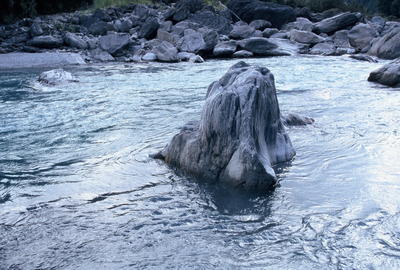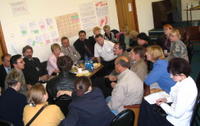How do we map the application subnetworks of open space
So that I can play snap between open space alumni and their contexts, and people from other networks occupied with big humanity issues; I feel the need to start cataloguing some of the open space application subnetworks. can you help me
If we start with John's example we could call this continuous community building in a country or across many communities that are chalenged by the same conflict, oppression, underdeveloped human rights.
While we are on other practice of space type applications, which other types are there:
-bringing together parties that are overtly at war; the first gifts of establishing space
-sustaining reconciliation by establishing as many layered open spaces as possible, as often as possible -almost an educational role in developing communal trust when a generation may have no experience of this
-supporting a group whose diversity is discriminated against in violent or extreme ways
Please tell me if you already use classifications in this PoP arena of open space before I post another arena's mail in a serial attempt to go into the subnetworks of another major application area
PS One reason why I would love to discuss this is that I beleive that as one piece of a ssyetmic intervention, open space needs to interfaces with other systemic interventions. But which? may vary by application area. Indeed this was clearly apparent for some maps I started to draw about different concerns of Organisational Democracy, so I can't see why Open Space's support for humanity will be different in this design



